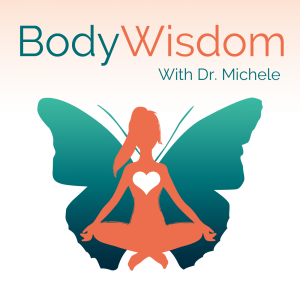
The Link Between Food And Sleep
While it may be fashionable to eat late and go to bed even later, this type of habit in your life can be adding pounds and inches to your waist. While you may have thought this was just things your mother told you, research now shows that the link between the last meal of the day and the amount of sleep you get will have a definite impact on your weight loss goals.
When to Eat
A study by Northwestern University found that people that eat less and sleep late tend to weigh more overall. There were several factors that were evident in this research, and they are certainly something to consider.
What the research found was that:
- The later you eat in the evening, the more calories you tend to consume in the meal.
- People that eat late tend to eat more carbohydrates, sugars and fatty foods than those who eat earlier.
- Early eaters tend to eat more fruits, vegetables, and lean proteins.
- Early eaters tend to be more likely to prepare their meals at home.
- Late eaters tend to eat more fast food, restaurant foods, and pre-prepared foods that include microwave or heat and serve meals.
Ideally, the research shows that eating before 8 p.m. and eating at home are the best ways to manage caloric intake and food choices. Eating out, eating fast food, or grabbing pre-prepared food is linked to increased weight gain.
Sleep
“Early to bed and early to rise” has health benefits. Not only does it provide your body with the 7-8 hours of sleep most adults require, but it also allows you to eat your meals during the day and before the late night hours.
If you do not get enough sleep, your body does not have enough time to regenerate, which will lead to problems in energy levels, body and brain hormone levels, and chemical levels. This, in turn, triggers the release of cortisol, which is a stress hormone.
High cortisol levels are linked to increased cravings for sugar, fat and carbs, all which result in weight gain when consumed in excess. To add to the problem the body also increases the level of ghrelin, which is the hunger hormone, triggering you to want to eat more, even when you know you shouldn’t.


 “The lessons learned through Dr. Michele’s online training class were invaluable, teaching me a new way at looking at food and timing of my meals. Her direction set me on a path to better health.”
“The lessons learned through Dr. Michele’s online training class were invaluable, teaching me a new way at looking at food and timing of my meals. Her direction set me on a path to better health.”
